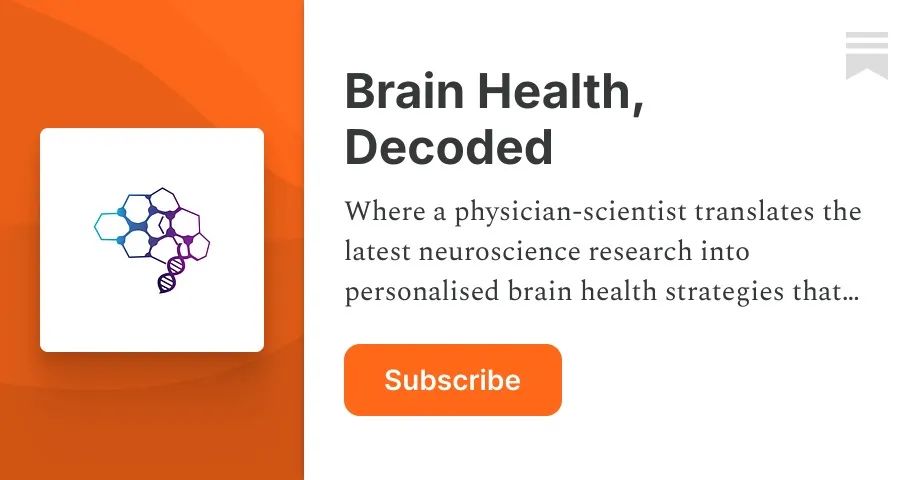Dr. Dominic Ng
@dominicng.bsky.social
73 followers
96 following
950 posts
Neurology trainee | PhD candidate decoding the brain | Academic writer distilling complex neuroscience into concise, peer-reviewed insights
Posts
Media
Videos
Starter Packs



